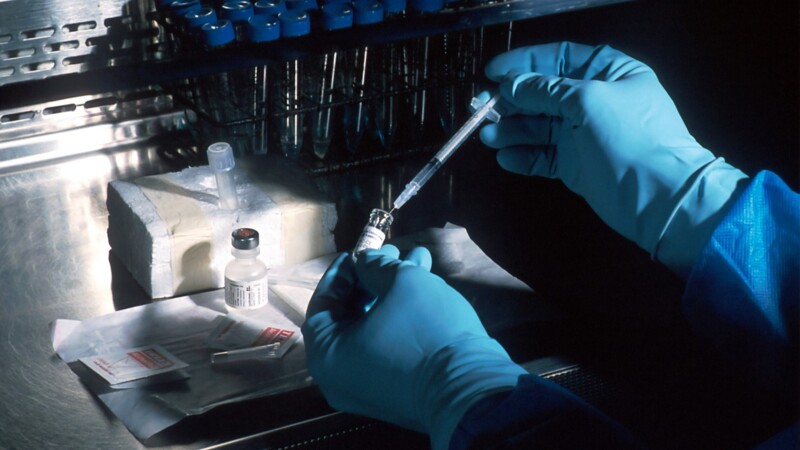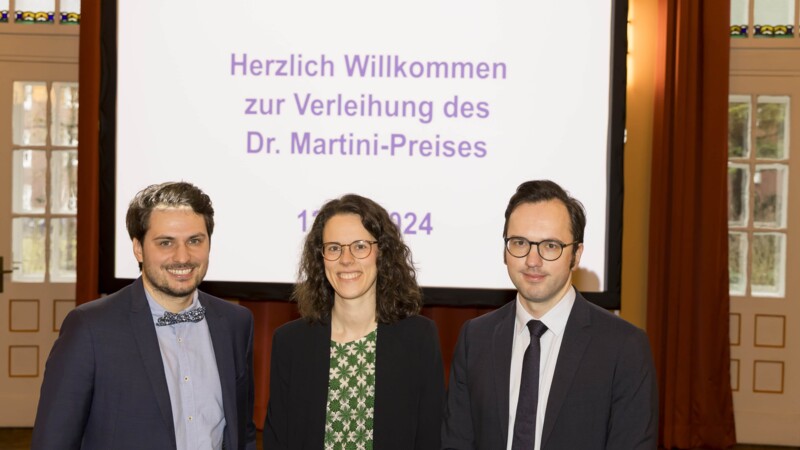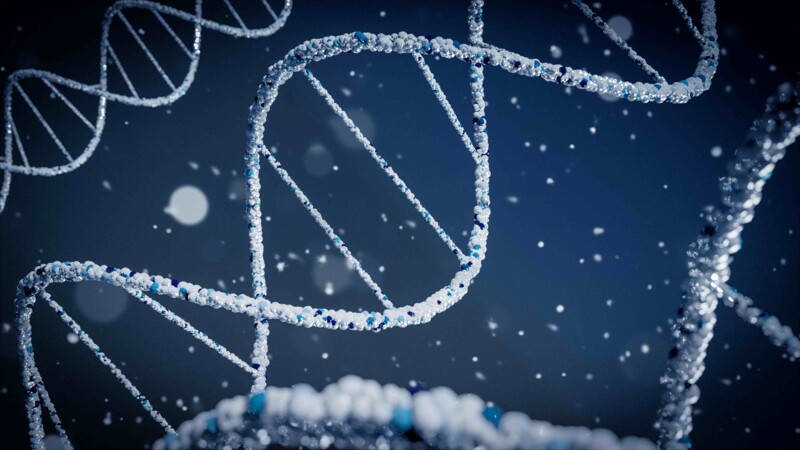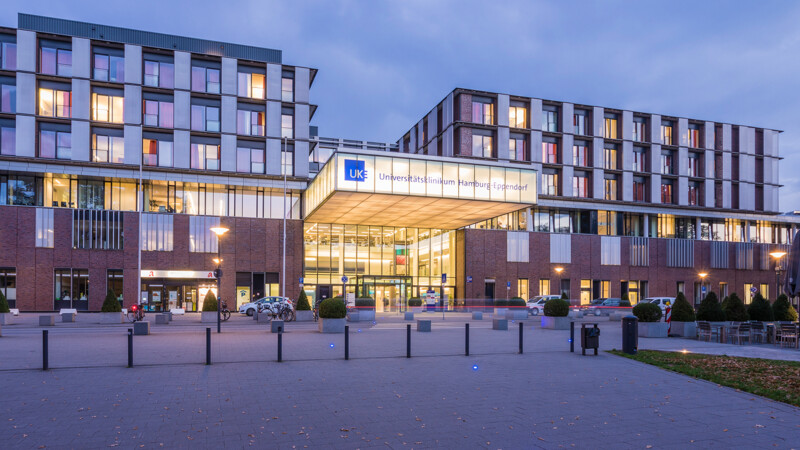"Many cancer variations still cannot be cured despite huge progress in diagnostics and therapy," said Prof. Dr. Katja Weisel, project leader and Deputy Director of UKE's II Medical Clinic and Polyclinic. "Thus, there is an urgent need to develop new diagnostics and therapeutics." Nanobodies are an innovative basis of new immunotherapy. These antibody fragments have promising anti-cancer properties and should be able to penetrate deep into the tissue and reach tumours with poor blood supply. They are also highly soluble and can be easily combined and modified which gives new impetus to the development of immunotherapy.
The German Cancer Aid (Deutsche Krebshilfe) has set aside EUR 4.2 million in funds for the "Thunder" project by the UKE's University Cancer Centre (UCCH) and the University Hospital Bonn's Centre for Integrated Oncology (CIO). The UKE will receive EUR 2.1 million of that sum. The "Thunder" research project should develop nanobody-based tumour therapeutics and diagnostics in a national innovation centre for cancer medication.
Nanobodies now a glimmer of hope for cancer treatment
Cancer research at UKE progressing
The University Hospital Hamburg-Eppendorf (UKE) is pressing ahead and bringing new cancer medication to the clinic and spearheading the EU-funded research project "GUIDE.MRD". Dr. Joseph Tintelnot, an assistant doctor in UKE's Oncology Centre recently won Germany’s oldest prize for medicine, the Dr. Martini Prize, for his research into the treatment of pancreatic cancer. His research builds on the success of a pilot project at the Institute of Immunology and the Clinic and Polyclinic for Diagnostic and Interventional Radiology and Nuclear Medicine where antibodies for therapeutic concepts and imaging have been produced for some time. The resulting nanobodies should benefit "Thunder".
fw/mm/pb
Sources and further information
More
Similar articles

UKE managing international "GUIDE.MRD" research into cancer

Three young UKE researchers scoop Dr. Martini Prize

